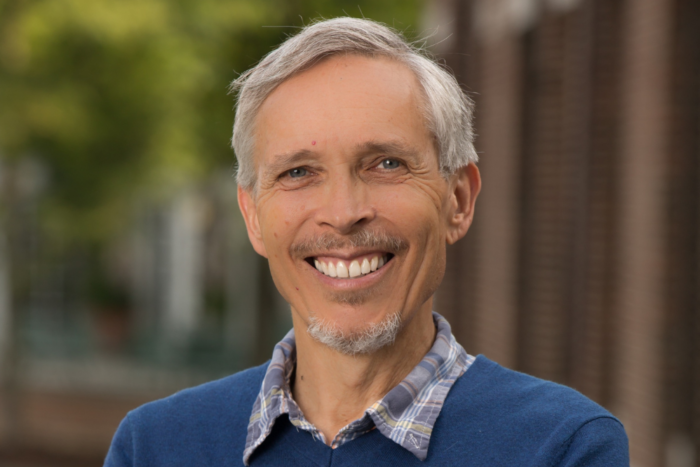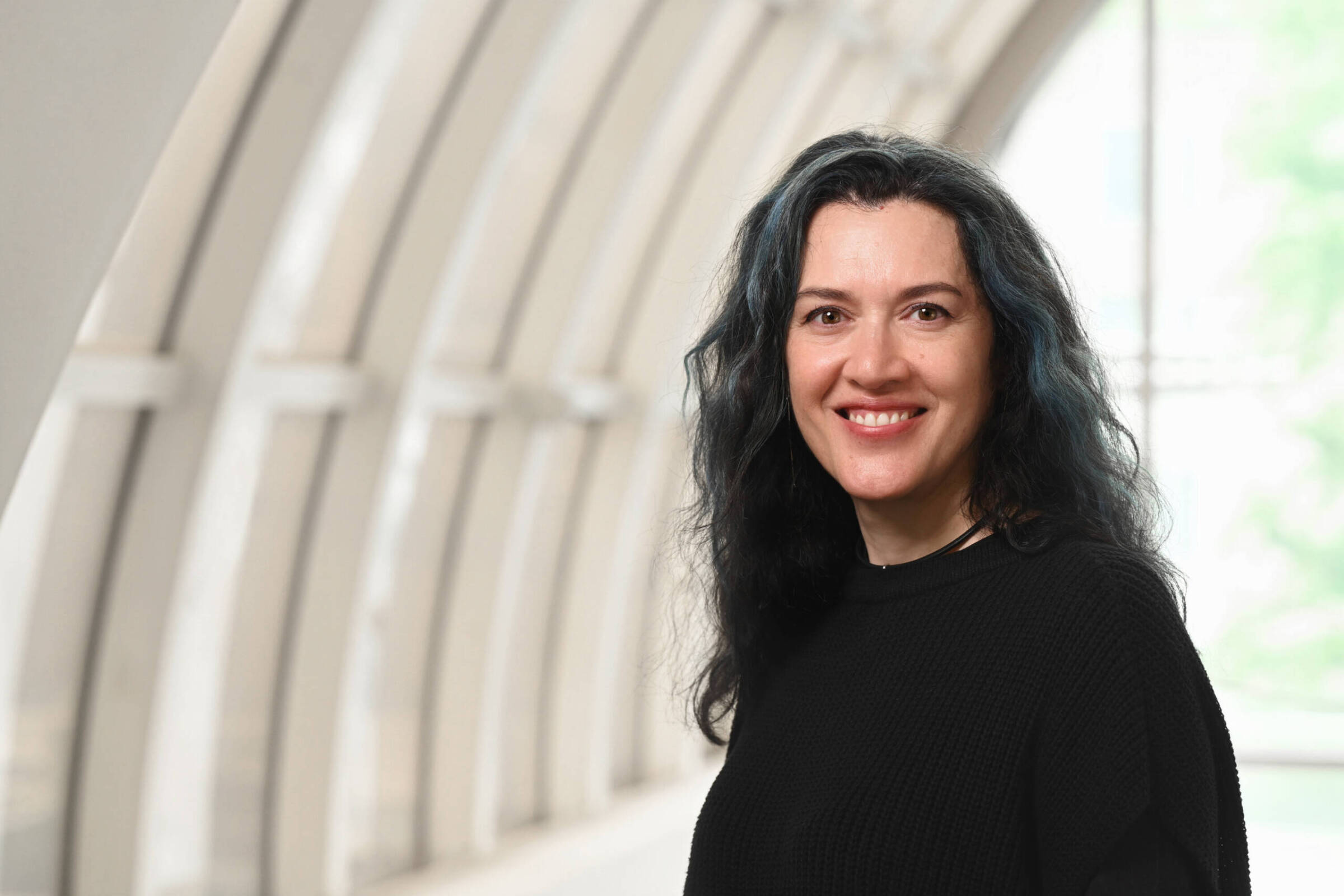New career director to help students and postdocs navigate options
by WYNNE PARRY
Andrea Morris’s career in biology has had a few curves. After earning a Ph.D. in molecular biology and doing a postdoc, she took a tenure-track faculty job, teaching and running a lab at a small liberal arts college. But she ultimately gave up tenure, and the bench, to work in higher education administration. Now, as the newly hired director of career resources and professional development in Rockefeller’s Dean’s Office, she is charting yet another course, putting her biology Ph.D. to work in ways Rockefeller students and postdocs can appreciate.
“My emphasis is working with students and postdocs to help them figure where they want to go and how best to get there, whether the destination is tenure at a high-profile research university or something else entirely,” Dr. Morris says.
Her arrival in Founder’s Hall on November 17 is actually a return to Rockefeller. After finishing her undergraduate degree at Haverford College, Dr. Morris worked as a research assistant in Miklós Müller’s Laboratory of Biochemical Parasitology. With Dr. Müller’s encouragement, she went on to earn a Ph.D. at Princeton. She did postdoctoral work, funded by the National Institutes of Health, at Emory University and Morehouse College, with a somewhat unconventional angle.
“Because the position was split between research and teaching, there was a sense we were going a little bit off the beaten path, and at least for me, it ended up serving well because it made me realize it is exciting to chart your own course,” Dr. Morris says.
She took a tenure-track faculty position in the biology department back at Haverford, where she taught and ran a lab, staffed by undergraduates, studying how cells in the eye’s retina form attachments to the appropriate parts of the brain for visual perception. But after 11 years, she was ready for a change. “I always knew that at some point I wanted to work at the administrative level, where I could become involved in policy and curriculum development,” she says. In 2013, she took a position at Columbia University’s Graduate School of Arts and Sciences as assistant dean for academic diversity, which she held until moving to Rockefeller last fall.
The creation of her position at Rockefeller, which has never previously had someone specifically dedicated to career development, is very timely, says Sidney Strickland, dean of graduate and postgraduate studies. “As more and more pathways for those with Ph.Ds. in biological science have become available, we felt it was important to have one person dedicated to making students and postdocs aware of the full range of options available to them,” Dr. Strickland says. “Andrea’s previous experience at Rockefeller and in teaching as well as her background in university administration made her the perfect fit.”
Traditionally, most students and postdocs at Rockefeller continue on to research careers within academia. But for some, working in the biotechnology or pharmaceutical industry, or at a small liberal arts college, may be more appealing. For those who want to leave the bench, a bioscience Ph.D. can be an asset within patent law, education, science policy or even finance.
In her first months, Dr. Morris has begun meeting with individual students and postdocs, helping them clarify their goals and chart out plans to accomplish them. In these same conversations, she asks about the sorts of resources and programming that would be helpful. “We are hoping to supplement the research training that goes on so fabulously in the labs with other professional training on, for example, making presentations and grant writing,” she says. Dr. Morris is also working to expand access to existing resources, such as the Tri-Institutional Career Symposium, which she is helping to organize.
Students or postdocs interested in meeting with Dr. Morris can reach her at amorris@rockefeller.edu.



